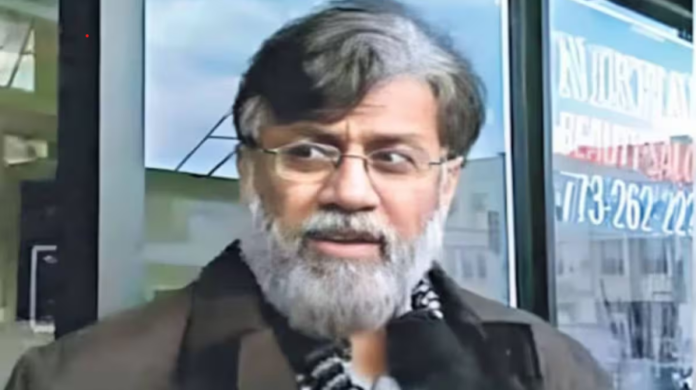The United States Supreme Court has denied the final petition of Tahawwur Rana, a 26/11 Mumbai terror attack convict, paving the way for his extradition to India. This decision has been hailed as a significant victory for India in its pursuit of justice for the 2008 attacks that left 166 people dead, including six Americans.
Senior lawyer and 26/11 prosecutor Ujjwal Nikam called the ruling “a big win for India,” emphasizing that the US had rejected all of Rana’s arguments and pleas. Nikam expressed hope that the extradition process would proceed without further delays.
Tahawwur Rana, a 64-year-old Canadian national of Pakistani origin, has been held at the Metropolitan Detention Centre in Los Angeles. India sought his extradition due to his alleged involvement in the Mumbai terror attacks, specifically his association with David Coleman Headley, a Pakistani-American terrorist and key figure in orchestrating the attacks.
Rana’s legal challenges have spanned several years, including unsuccessful appeals in federal courts, such as the US Court of Appeals for the Ninth Circuit in San Francisco. His final attempt to avoid extradition was a petition for a writ of certiorari filed with the US Supreme Court on November 13, 2024. The court denied this petition on January 21, 2025, issuing a brief statement: “Petition DENIED.”
The US government, represented by Solicitor General Elizabeth B. Prelogar, argued against the petition in December, highlighting that not all of India’s charges against Rana, including forgery and providing false information to the Reserve Bank of India, were covered by his US conviction. This distinction allowed the extradition process to proceed.
Rana’s links to the 26/11 attacks stem from his assistance to Headley, who conducted reconnaissance of the Mumbai locations targeted by the 10 Pakistani terrorists during the 60-hour siege.



